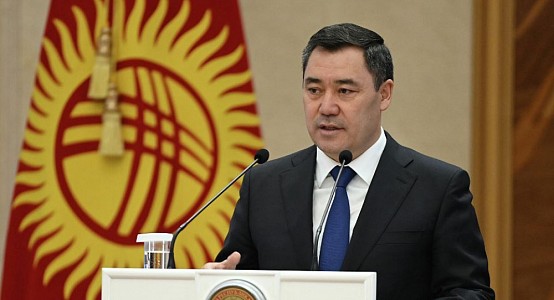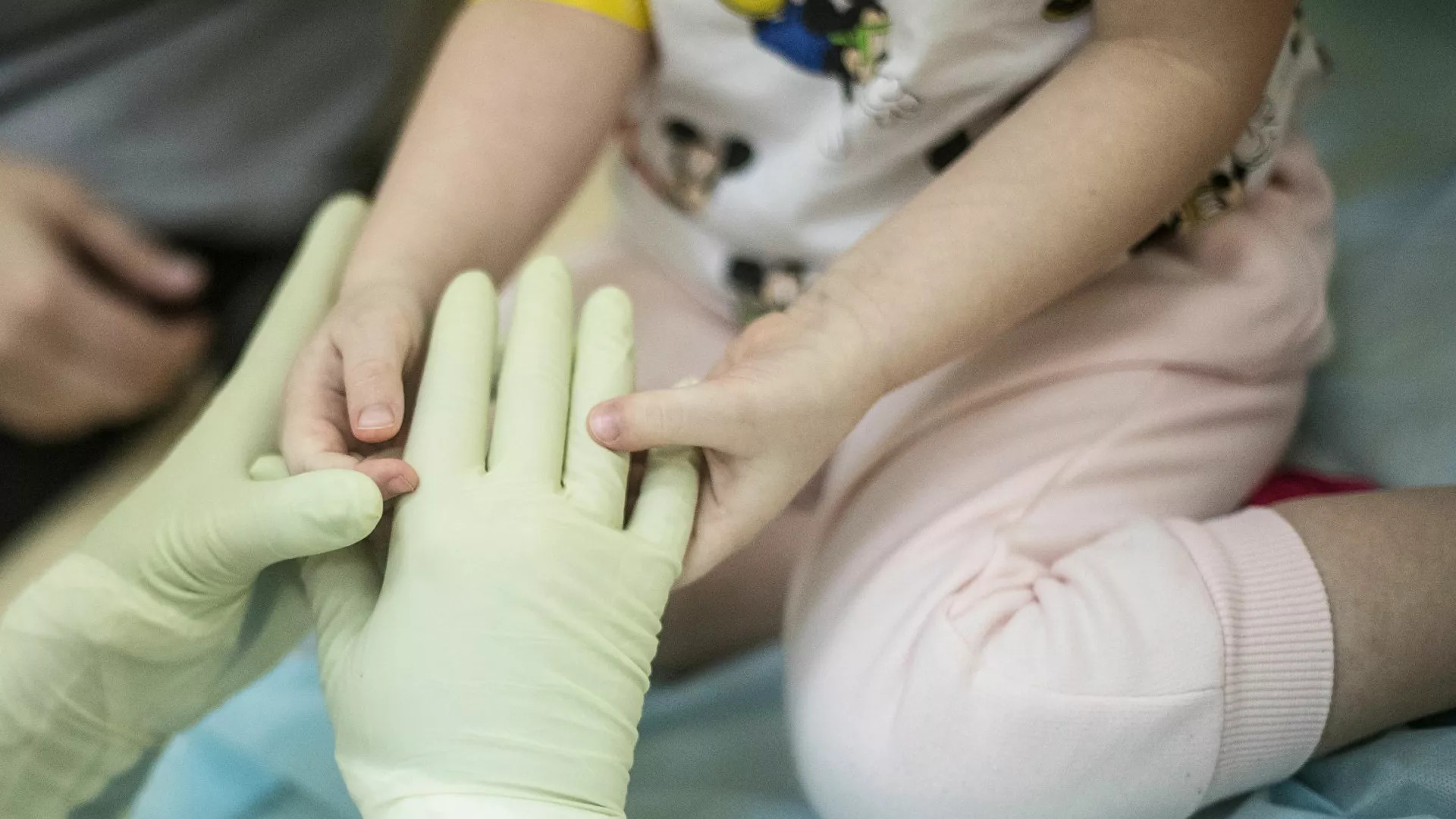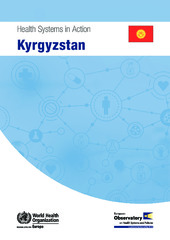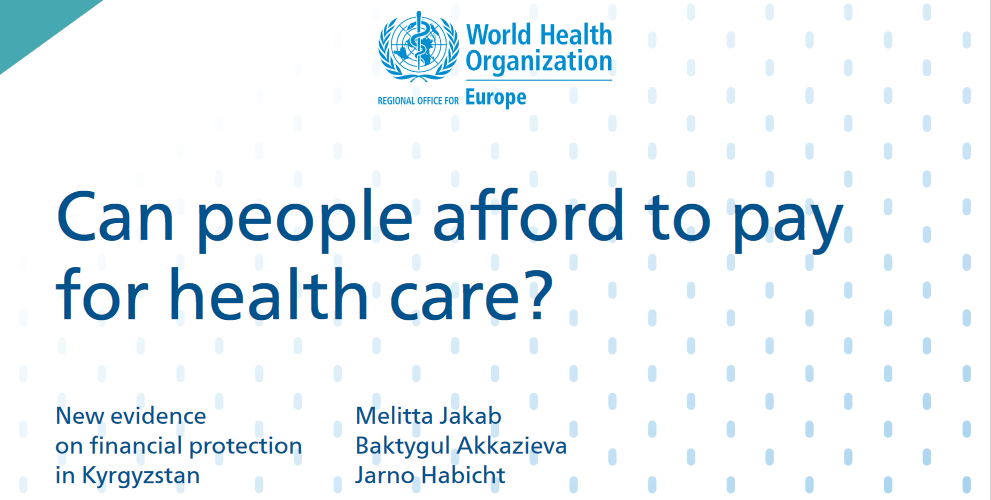WHO Barcelona Office for Health Systems Financing has published a report titled “Strengthening primary health care financing: policy considerations for Kyrgyzstan” in September 2023. The report describes how primary health care (PHC) is organized and financed in Kyrgyzstan and provides evidence-informed policy recommendations aimed at prioritizing and strengthening PHC.
The report devoted to PHC financing in Kyrgyzstan was authored by Kaija Kasekamp (Consultant, WHO Barcelona Office for Health Systems Financing), Triin Habicht (Senior Health Economist, WHO Barcelona Office for Health Systems Financing), and Aigul Sydykova (National Professional Officer, WHO Country Office in Kyrgyzstan) with contributions made by national and international experts and policymakers and data contributions made by the Mandatory Health Insurance Fund of Kyrgyzstan (see the acknowledgements in the report).
As reminded by the World Health Organization in its news release, “PHC is the most effective and cost-effective approach to delivering health care services to people and achieving universal health coverage (UHC)”, and “Kyrgyzstan is moving in this direction – counting on sustained support from the Government and from development partners”.
The report has a detailed description of how PHC is organized in Kyrgyzstan including care models, infrastructure, governance and financing arrangements, and where relevant, provides key data on PHC service utilization and spending. The report also mentions country-specific challenges such as the excessive reliance on specialist services (doctors referred as “narrow specialists”). This is an example of a challenge faced by many former Soviet countries that inherited the Semashko model of health system organization, which means there are polyclinics (referred as family medicine centres, FMC, in this report) where family doctors work together with specialist doctors, and it is difficult for the family doctors to be the gatekeepers of services as people simply want to see the narrow specialist who is physically available, sitting in the same building as the primary care doctor in the urban and even some rural (administrative district level) settings.
The report contains the following key messages as policy considerations for Kyrgyzstan:
- Enhance the PHC organizational model for increased equity and efficiency.
- Scrutinize the PHC benefits package to better meet population health needs.
- Strengthen PHC budgeting and the budget monitoring system.
- Redesign and adequately resource PHC provider payments.
- Revamp the performance payment system for PHC teams.
- Improve contracting and monitoring mechanisms by increasing data quality and collaboration.
It was noted that although Kyrgyzstan has “prioritized PHC spending within its health budget and spends about 1% of its gross domestic product (GDP) on PHC, … per capita public spending on PHC is among the lowest in the WHO European Region.” Authors concluded that “to strengthen PHC financing, Kyrgyzstan should consider reviewing its PHC benefits package to better align it with population health needs and the available level of public funding, redesigning the PHC provider payment system, and improving the provider monitoring mechanism”.
Featured image on top: Akipress.org. Source: Akipress news








